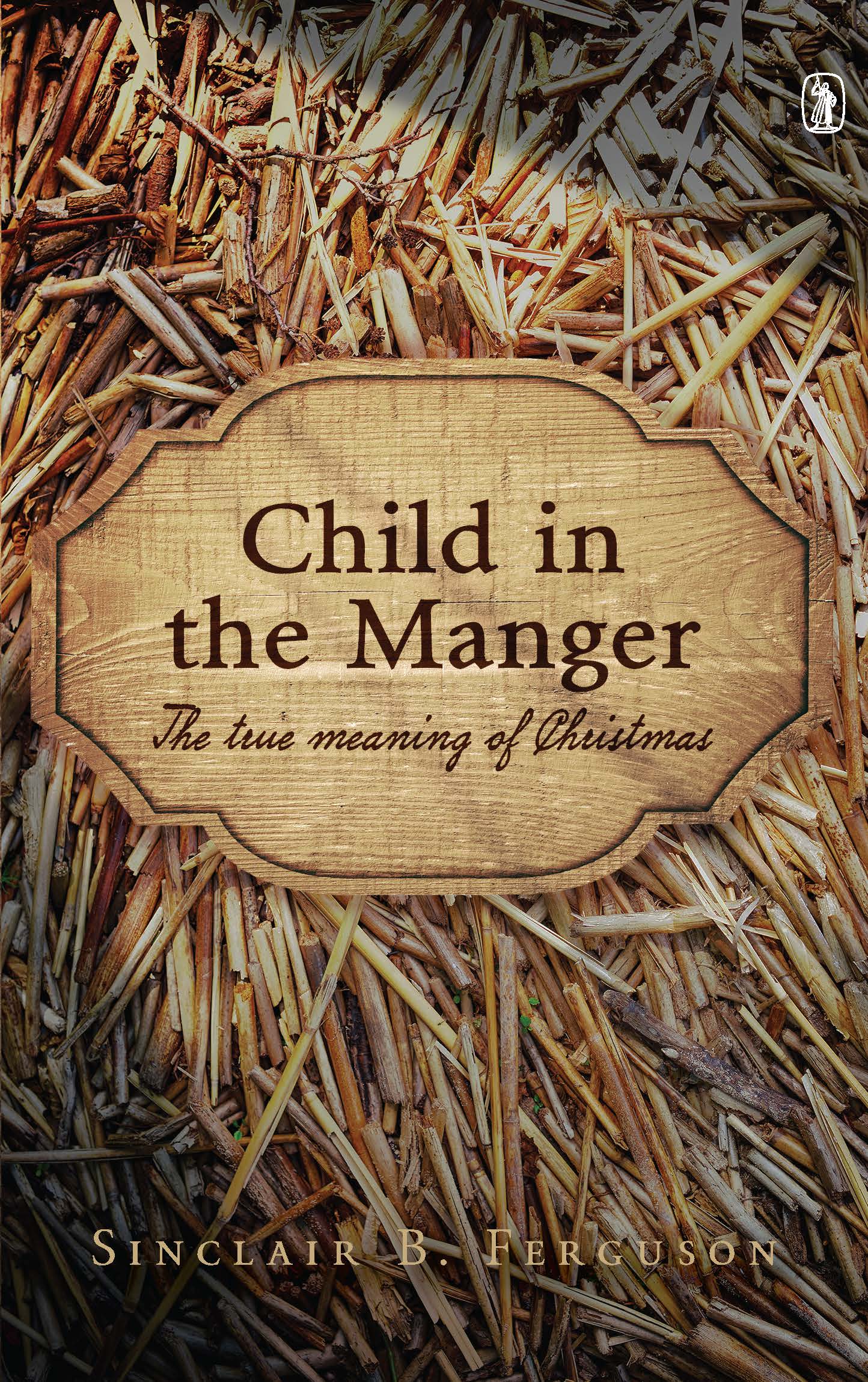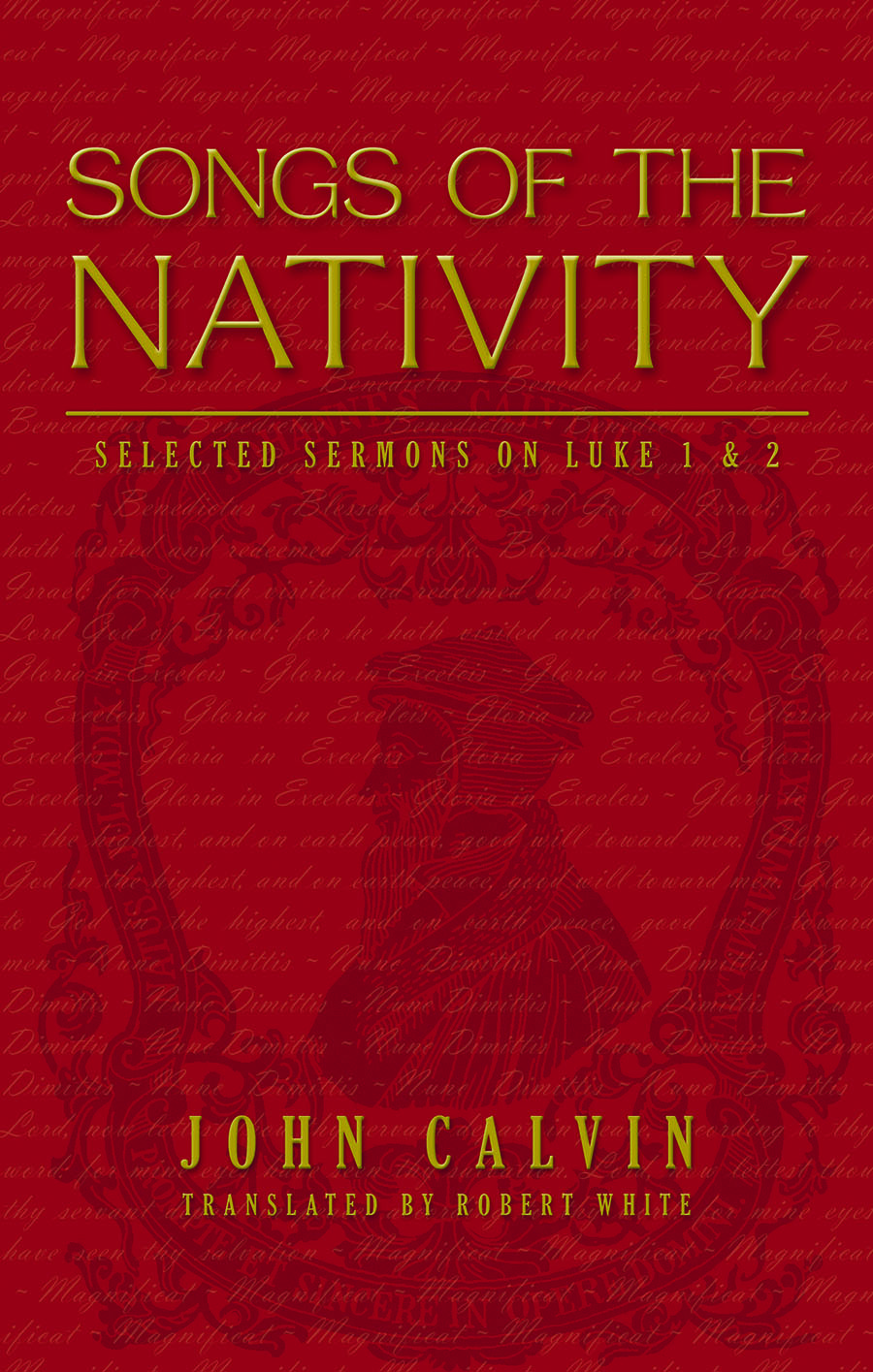The Christmas Threat to Acceptable Worship
I’m writing about the ‘worship’ service we attended Sunday, Christmas Eve morning. I suppose I’m typing these words as much as a catharsis as to inform you. Early on I decided that if I had to endure such an experience, I might as well take notes and use the event as a reservoir of illustrations.
We attended a large evangelical church (not Southern Baptist Church ) in north-west Arkansas. Before he planted the church, the pastor was an associate for several years at a conservative Southern Baptist Church in a nearby city where Caffy and I met and were married. He has a reputation as an expositor. While visiting her parents last year, Caffy attended the church and had one of the best worship experiences of her life. Six months later she returned and said it was horrible. We decided to attend on this particular Lord’s Day because we lacked known options that were better and because we hoped to hear an expository sermon.
But we heard no preaching at all. I don’t think the pastor was even there, for he never made an appearance. In defence of–but not in agreement with–them, I believe this service without preaching was unique. I’m sure this was an unusual service because it was Christmas Eve Sunday. Still, it was the Lord’s Day. Furthermore, what about those attending who never or rarely hear the preaching of God’s Word except on occasions like Christmas and Easter?
We entered with secular, often-humorous Christmas music playing. I noticed a few people, each sitting alone, singing along to ‘O Christmas Tree, O Christmas Tree.’ I wondered why they couldn’t be encouraged to sing lyrics such as ‘Veiled in flesh the Godhead see, Hail the incarnate Deity.’
The coffee bar in the atrium provided attendees with something to sip on during the service. All throughout the place of worship, casually dressed people, coffee cups in hand, found their seats.
The service began with music minister walking out in his red sweater and khakis shouting, ‘It’s CHRISTMAS!’ He then instructed us that whenever he shouted this (which he did about half-a-dozen times during the service), we were to shout back.
Three children, approximately ages 5, 8, and 10 joined him and they began singing ‘White Christmas.’ As they did, snow softly fell from the special effects system high above and down upon-and only upon-the ten-foot diameter where they stood. We were all invited to join in.
As the last notes of ‘and may all your Christmases be white’ were sung, a Veggie Tales segment replaced the winter scenes on the video screen. The characters jumped about excitedly, singing about how Christmas, their favourite day, was finally here.
After the video segment, the music minister and three children led the congregation in a medley of secular Christmas songs (we were to sing along), including ‘Jingle Bells’ with a stanza quacked like Donald Duck by one of the children.
Then the music minister donned a Santa cap. He summoned three volunteers whom he instructed to whistle a stanza of ‘Jingle Bells.’ After they received a round of applause, the entire congregation was required to whistle a stanza. I know that at least three in attendance abstained.
Now it was ‘children’s time.’ But first we all had to take an oath. Adults were to raise their right hands and repeat after the music minister who led them to swear that they would let their children run and holler as much as they wanted on Christmas, for that was ‘their’ day. Again, not everyone present bound themselves with this oath.
Thus exonerated in advance, the children were called to platform. At least a hundred came running up. In fact, children ran up and down the aisles during the entire ten-minute episode. A couple sitting directly across the aisle from us had two pre-schoolers who made at least three round trips between the platform and their parents.
As the children clustered around the music minister, he seated himself on a stool in the place a pulpit would be expected, and asked if any of the children wanted to sing a solo. A little girl of about three volunteered first. She sang the ABC song, i.e., the one we teach our children as they learn the alphabet. A boy even younger followed her. Coached by his pre-school brother, he selected ‘Do, Re, Me’ from The Sound of Music (‘Do, a deer, a female deer,’ etc.). Then came another offering of ‘Jingle Bells,’ ‘All I Want for Christmas Is My Two Front Teeth’ (received with uproarious applause), and the grand finale of a pre-schooler’s rendition of Alvin and the Chipmunks’ Christmas song.
Now it was time for the children to ‘get serious,’ so they were led in singing ‘O Little Town of Bethlehem.’ Afterwards they returned to their parents, but only after a stop at one of the two candy boxes at each end of the platform.
The heart of the service was the lighting of the Advent candles. The general order for each was, (1) a short, assigned Scripture reading by a layman from a modern paraphrase of Luke 2; (2) the congregational singing of a traditional Christmas carol; and (3) about thirty seconds of remarks about the meaning of the candle immediately prior to lighting it. The brief Scripture readings and the Biblically based carols were the only revelation of God during the entire forty-five minutes.
As the last of the Advent candles, i.e., the Christ candle was lighted, the overhead lights were dimmed. The music minister took from the flame and touched those of each of the ushers. They, in turn, made their way down the aisles and began lighting the candles of the congregation (provided to everyone as they entered). We were led in singing ‘Silent Night, Holy Night’ as the flame was passed. This done, the lights came on and we sang ‘Joy to the World, the Lord Is Come!’ At the conclusion of all, the music minister shouted, ‘It’s CHRISTMAS!’ and the congregation echoed the same.
As we exited, the only comment we heard was from a man behind us who exclaimed, ‘Wasn’t that good!’ Caffy and I silently exchanged glances.
My next task was to attempt an interpretation of what we’d just experienced to my almost seven-year-old Laurelen Christiana. (Twice during the service I felt the need to quietly assure her and explain, ‘This isn’t worshipping God, is it?’) Rather than beginning with what was wrong, I said, ‘There were at two good things in that service. Do you know what they were?’ It was gratifying to hear her quickly say, ‘Well, they read from the Bible.’ Unable to think of the second, I noted the good hymns and distinguished them from the secular music.
Remember that this is one of the fastest growing churches in one of the most conservative parts of the Bible Belt. People are attracted to it because of its reputation as a conservative, evangelical church. Three services each Sunday are required to accommodate the crowds. By my own observation I know that at least seven hundred people were in each of the first two services, and I assume that the final service was the best-attended. Upon what basis could anyone argue with this church’s success?
I left more convinced than ever about the necessity of teaching the Regulative Principle of Worship. Without this anchor, there’s nothing to keep a church from ending up with services like this except the preference of its people and leaders. As culture and preferences change, what’s to protect a church from the pressure of permitting things in worship that it could not have imagined twenty years earlier. And as churches like this one prove, the preference of one may be quite different from the preference of another. In other words, one pastor may say, ‘This is not worship; and I could never conduct a service this way’, while another–equally committed to the inerrancy of Scripture (as the leaders of this church are)–may say, ‘I think this is worship and the response of our people vindicates it.’ How shall we arbitrate between these two positions without the Regulative Principle? How can anyone’s preference prevail over another without submitting either to the appeal of pragmatism or else intentionally to the prescriptions of Scripture about worship (a la Regulative Principle)?
The answer to trendy worship is not dead orthodoxy. A wrong turn to the right takes one just as off-course as a wrong turn to the left. May the Lord enable us to worship, as the Scripture says, in both ‘spirit and truth,’ with both ‘reverence and awe.’
It’s Christmas!

Child in the Manger
The True Meaning of Christmas
Description
I’m writing about the ‘worship’ service we attended Sunday, Christmas Eve morning. I suppose I’m typing these words as much as a catharsis as to inform you. Early on I decided that if I had to endure such an experience, I might as well take notes and use the event as a reservoir of illustrations. […]

Songs of the Nativity
Selected Sermons on Luke 1 & 2
Description
I’m writing about the ‘worship’ service we attended Sunday, Christmas Eve morning. I suppose I’m typing these words as much as a catharsis as to inform you. Early on I decided that if I had to endure such an experience, I might as well take notes and use the event as a reservoir of illustrations. […]
Latest Articles
A Call to Preserve Evening Worship Services 26 July 2024
The following was published as ‘Preserve Evening Worship Services!’ in the October 2007 edition of the Banner of Truth Magazine (Issue 529). It was written by Michael G. Brown, who at the time was pastor of Christ United Reformed Church, Santee, CA. He currently pastors Chiesa Riformata Filadelfia in Milan, Italy. ‘Why do you go […]
How to Read a Soul-Improving Book 20 June 2024
The following, which appeared in Issues 611–612 of the Banner of Truth Magazine (Aug–Sep 2014) is from John Angell James, The Anxious Inquirer After Salvation Directed and Encouraged*. We are grateful to Mr Martyn Jolly for bringing this extract to our attention and supplying the text. It may seem strange to some persons, that I […]
